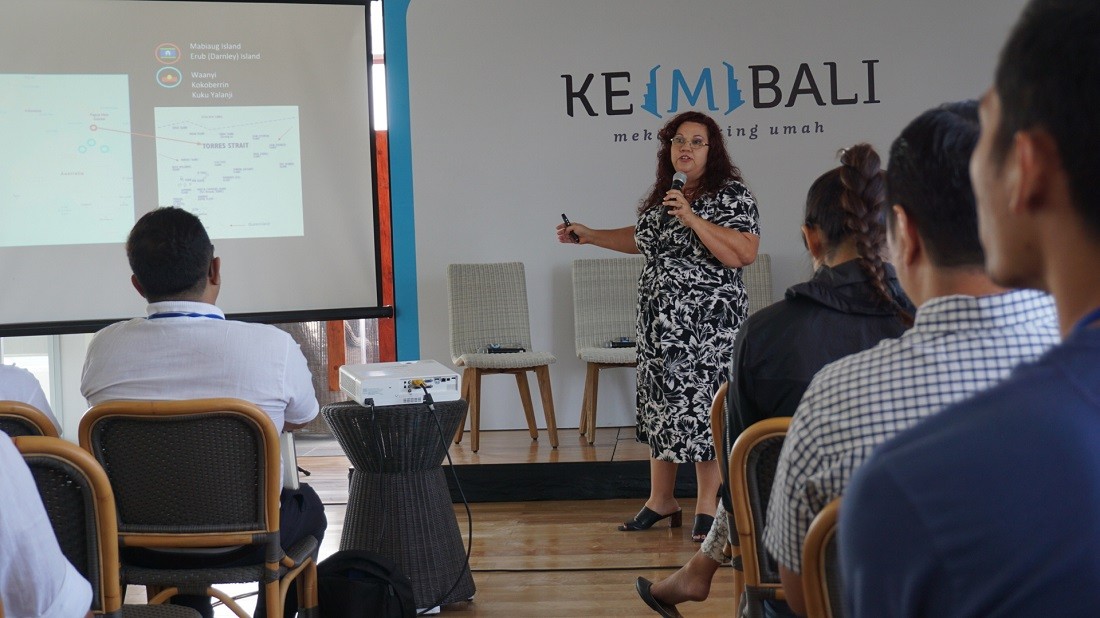Popular Reads
Top Results
Can't find what you're looking for?
View all search resultsPopular Reads
Top Results
Can't find what you're looking for?
View all search resultsWhy Indonesia needs to recognize its social enterprises
Social enterprises have been supporting the nation's objectives since before there was a nation. It's about time they received formal recognition and legitimacy.
Change text size
Gift Premium Articles
to Anyone
S
ocial entrepreneurship has recently started gaining traction in many countries. It is an opportune time for the House of Representatives to deliberate an entrepreneurship bill that includes social entrepreneurship, but progress has remained stagnant until now.
This has dashed the hopes of many Indonesian social entrepreneurs to gain recognition, without which their very survival is at stake.
Different from their commercial counterparts, social enterprises aim to offer solutions to social problems beyond income and employment through a unique business model that finances their social objectives. This has made social enterprises vulnerable to failure, especially due to their lack of legitimacy from single-minded questions like whether they do business or social activities.
Thus, government recognition is imperative to ensure the legitimacy of social enterprises in Indonesia. This will also place Indonesia among the region’s more advanced countries in terms of formal recognition for social enterprises, such as Malaysia and South Korea.
In Indonesia, social entrepreneurship actually began before independence. For example, the efforts of women’s emancipation pioneer R.A. Kartini to educate women were partial funded by her family’s business.
Some social enterprises promoted by mass organizations like Islamic groups Nahdlatul Ulama and Muhammadiyah have demonstrated sustainability and are still operating today.
Yet, many are lumped under the banner of nonprofit organizations, and their existence as social enterprises are not formally recognized. This has limited their growth.
Why is social entrepreneurship important for Indonesia? There are at least three compelling pieces of evidence that stress the importance of the social enterprise sector. First, social enterprises have supported the national objectives of educating the nation and improving public welfare long before the country’s independence, and as stated in the Preamble to the 1945 Constitution. The sector has thus shown significant and consistent contributions to the nation.
Second, a recent research by the British Council in collaboration with the National Development Planning Agency (Bappenas) showed that social enterprises contributed significantly to the Indonesian economy at 2 percent to gross domestic product (GDP). The study also projects an increase in the sector’s GDP contribution over the next few years, as indicated in the national development plan.
Third, social enterprises fill the gaps left by government programs. In many cases, social enterprises support the work of government and are partners in development. For example, agritech start-up TaniHub helps the government to develop the agriculture sector by improving farmer welfare through mobile technology. This has allowed the government to focus on the broader development initiatives while the social enterprise steps in where follow-up is required.
How should government recognize social enterprises? The most urgent thing at present is that social entrepreneurs need legitimacy. Social entrepreneurs need to be comfortable in communicating their business-social hybrid identities to stakeholders without fear of rejection and to access needed resources, such as funding and skills.
An entrepreneurship law that includes a definition for social entrepreneurship would be preferable, but this requires deliberation and other lengthy legislative processes. Recent efforts have been made to accommodate this need through a Presidential Decree, which could offer an important segue.
Recognition of social entrepreneurship must incorporate three important elements. First is the recognition of the social mission of social entrepreneurs, as well as their means of business for achieving their social objectives. This may imply that the government needs to recognize that social entrepreneurs need to “lock” the organization’s missions, profits or assets to ensure that social enterprises are accountable to their social objectives.
Second is their use of business models that rely on both technological and non-technological means to achieve their objectives. Many social entrepreneurs are also “technopreneurs” because they use technologies like mobile platforms to achieve their social objectives.
Third is a means of measuring social and environmental impacts of the enterprises’ social objectives. This is one of the most important and distinguishing elements, because measuring their social and environmental impacts means these social enterprises can improve continuously in order to achieve their primary objectives, social and environmental.
In contrast, while commercial enterprises can measure their social and environmental impacts, such as through corporate social responsibility programs, this is secondary to their objective to make profits and could be deferred, if not jettisoned, if the social program contradicts their profit objectives.
In embracing these three elements, government recognition can vary from a formal definition of social entrepreneurship to appropriate incentives. The latter has been implemented in a number of countries, such as Thailand for example, where tax incentives are given to a particular type of social enterprise.
***
The writer heads the Center for Innovation Design and Entrepreneurship Research at Binus University International. The views expressed are personal.










